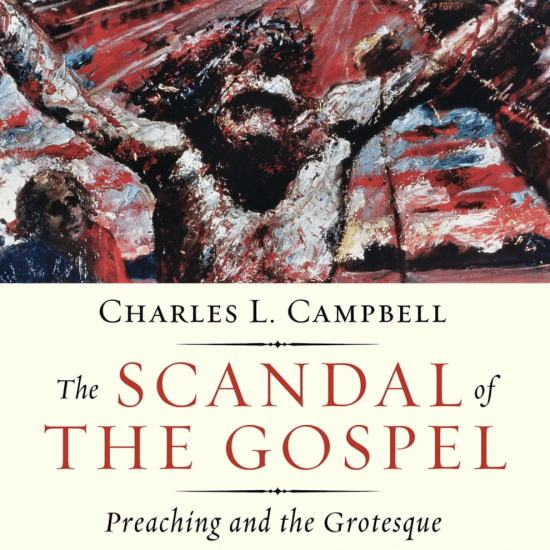AUSTIN—A bespectacled teenaged wizard with a lightning-shaped scar on his forehead may not fit most people’s picture of Christ, but Christian pop culture observer Greg Garrett definitely sees the similarities.
“Harry Potter is one of the most clearly identifiable examples of a Christ figure in contemporary fiction,” said Garrett, English professor at Baylor University and author of the recently released book, One Fine Potion: The Literary Magic of Harry Potter.
“I came to Harry Potter not as a theological project initially, but first as a parent,” said Garrett, who also is a novelist and writer-in-residence at the Episcopal Theological Seminary of the Southwest in Austin. “My son, who is 13 now, started reading the series at age 7, and I was interested and concerned.”
Like many Christians, Garrett had seen some of the viral e-mails labeling the Harry Potter series as a gateway into the occult, designed to lead young readers into a fascination with witchcraft and sorcery. But, to his delight, he discovered something altogether surprising.
“As I started reading the books and watching the movies, I began to notice a lot of affinity to the Christian faith,” said Garrett, who previously has written explorations of spirituality and Christian themes in the Matrix movie series, comic books and the music of U2.
His suspicions became confirmed when author J.K. Rowling wrapped up the final book in the seven-volume series, and she finally spoke openly in several interviews about her Christian faith. She went so far as to say she had hesitated to talk about her faith previously because it would have made the series’ conclusion too obvious to discerning readers.
“If she says she is a Christian, and I see no reason not to take her at her word, we can take it seriously when Christian themes appear in her writing,” Garrett said.
The overarching theme—introduced in the first book when readers learn how Harry’s mother gave her own life to save her son from the evil Voldemort—concerns the power of self-sacrificial love.
“Self-sacrificial love is the ‘Deeper Magic,’ to use a C.S. Lewis term, that makes it possible for Harry to become a Savior figure,” Garrett said.
Rowling follows in the footsteps of Christian writers such as Lewis and J.R.R. Tolkien who used fantasy as a vehicle for communicating themes shaped by their faith, he observed.
“I see her as having more affinity with Tolkien,” whose Lord of the Rings trilogy dealt with broad Christian themes, rather than Lewis and his Chronicles of Narnia series that clearly could be read as a Christian allegory, Garrett said.
“Rowling has expressed her great love for Lewis, but she has said she didn’t set out to do what he did with Narnia,” he said. “She’s a Christian writer telling a compelling story informed by her faith and beliefs. It’s not written to save souls, but it is written with Christian resonances.”
One subtle theme Garrett sees developed in the series concerns ecclesiology—“how groups of people are driven together on a common mission.” The three friends—Harry, Ron and Hermione—demonstrate a type of Christian community, and Garrett sees the Hogwarts School as similar to the church.
“Hogwarts is a place where every member is necessary, even the ones with whom we disagree,” he said.
The series also deals with issues of free will, moral choice and the transformational power of self-sacrifice. While some Christian themes may be subtle, as the series develops—leading to an apocalyptic ending in the final installment, Harry Potter and the Deathly Hallows—they become more explicitly Christian, he said.
“It is the clearest contemporary retelling of the gospel story I have come across,” Garrett said.





